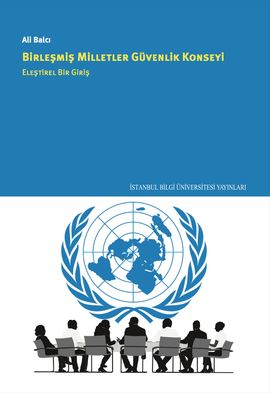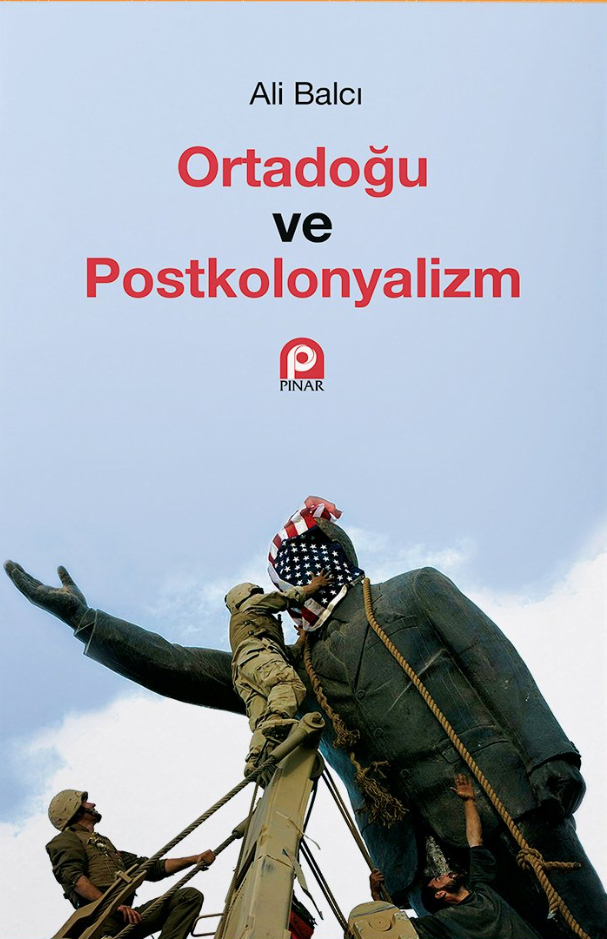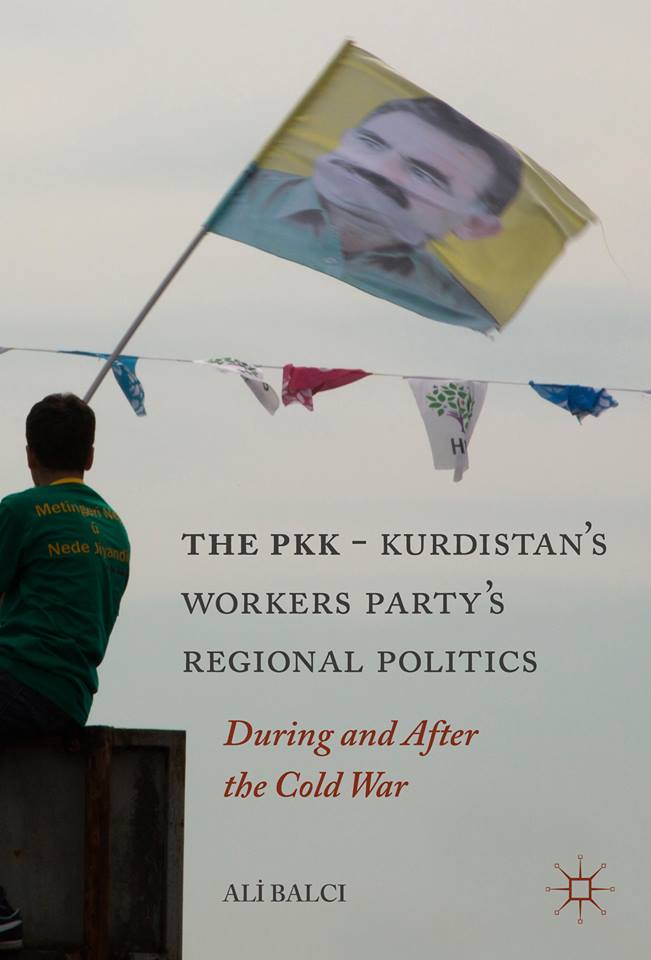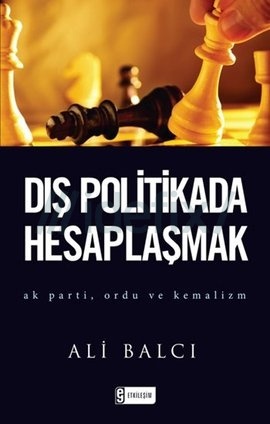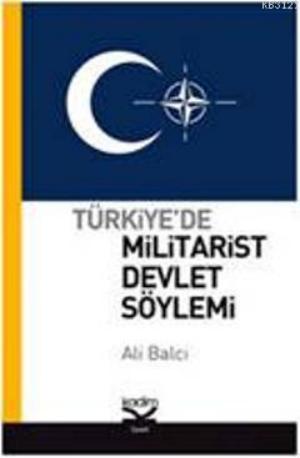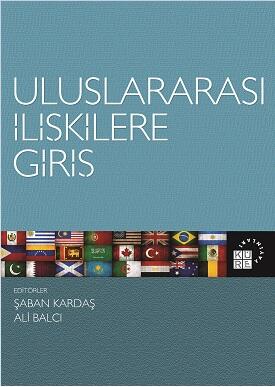Issues, Not Labels, Please! A “Double Distortion” that ended an Antagonistic Dialogue
- Kategori : Bağımsız Yazı
- Yorum Yok
‘The author is therefore the ideological figure by which one marks the manner in which we fear the proliferation of meaning”[1]
I wrote a short reply to Survival to criticize Behlül Özkan’s paper on “pan-Islamism” in Turkish foreign policy. He wrote a reply that turned an academic debate into a parody of newspeak and trivial ideological point-scoring. In fact, my main point was very simple: factual, methodological, and ideological distortions weakened the main arguments of his article. Instead of answering my criticisms, he chose to shadow-fight the specters of Ali Balcı as a “subject”, which seems to have haunted his reply. Clearly his priority is not really engaging my criticisms but rather to explain, “Who Ali Balcı really is?” His strategy is based on this false premise: If Balcı is proven to be an “organic intellectual” of the AKP government, there will then be no need to show how his criticisms are wrong.
His first move is to show that Balcı is someone whose arguments are used by the AKP’s newspapers. This move spectacularly fails since quotations from Balcı’s peace in his personal blog did appear in the staunchly secular Hurriyet Daily News. William Armstrong, in his report for Hurriyet Daily News, excerpted long passages after the following statement: “A deeper and more academic critique of Özkan’s work that has attracted particular attention was posted on the personal website of Ali Balcı”.[2]
Second move is to misrepresent Balcı, who wrote a paper for the Center for Strategic Research (SAM), the research institute of Turkey’s Foreign Ministry, in which he ignores the relevance to Davutoğlu’s project of some controversial concepts such as “the Heartland, the Rimland, Lebensraum”. This reasoning is clearly flawed since anyone who reads the title of our paper can recognize that the paper is not exclusively about “Davutoğlu’s concepts” per se, but “A Dictionary of Turkish Foreign Policy in the AK Party Era: A Conceptual Map”.[3] Although “selective reading” is the academic style of Özkan, two corrections are needed here. Firstly, my co-authored paper was originally prepared for a special issue in a Turkish journal on “Turkish foreign policy”.[4] Secondly, the SAM translated this original paper and then published it by omitting some critical articles.
Third specter of Balcı that haunts Özkan’s reply is his construal of my subjectivity as someone who can only deliberate in accordance to the party line since I am the editor of a journal (Ortadoğu Analiz), which is partly funded by Turkish Foreign Ministry. This move cannot to hold ground because its sloppy logic implies that all the people writing in any publications owned by NGOs that are close to the government would be pro-AKP tout court, which is simply not the case.
Fourth specter concerns Balcı’s identity, which is represented as an author of an article in a book edited by ‘pro-AKP academic community’. He writes off Balcı’s identity by assuming Balcı should be thinking in line with other contributors such as Murat Yeşiltaş. This is absurd since we would then conclude that Özkan himself should be pro-AKP because he too contributed to a book edited by Yeşiltaş.[5] Also, any reader of my article in the book Özkan mentioned, if s/he has no intention to distort, can easily understand that it is about “power struggle” between the then dissident conservative/religious block and the hegemonic Kemalist block in the 1990s.[6] Added to this, I am really curious whether Özkan quoted the term “liberal” for Davutoğlu from my papers or he just invented it to normalize his distortion.
Fifth, Özkan misrepresents my use of a foreign trade figure with Russia taken from 2008 as proof of my intent to mislead the readers. This is simply wrong since I used the said figure only because of Özkan’s own argument in his original article: “Davutoglu’s main contribution to foreign policy before 2009 was in Turkey’s relations with the Middle East” (p. 132).
Lastly, my criticism involved Ozkan’s distortion of the flight numbers by Turkish Airlines. Now that he puts the passenger numbers on the table by presenting the results belonging to the year 2010 (the Middle East 14,8, and Asia %11,6), it is pertinent to ask: how can we measure the change if we know only the figures of a specific year? And if we put the latest share (the Middle East %15, and Asia %12 in 2013) on the table, what does that imply?
In all, facing with such blatant distortions I would recommend Balcı that the best is to leave the ‘discussion’ with this plea: antagonistic dialogue, not ideological monologue; issues, not labels, please!
[1] Michel Foucault, “What is an Author?”, In: The Foucault Reader, Editor: Paul Rabinow, The USA: Pantheon, 1984, p. 119
[2] William Armstrong, “‘Pan-Islamist Davutoğlu’ Thesis Ruffling Feathers in Turkey”, Hurriyet Daily News, 01 September 2014
[3] Murat Yesiltas, and Ali Balcı, “Dictionary of Turkish Foreign Policy in the AK Party Era: A Conceptual Map”, Sam Papers, No: 7, May 2013, 1-37.
[4] Murat Yeşiltaş, and Ali Balcı, “AK Parti Dönemi Türk Dış Politikası Sözlüğü: Kavramsal Bir Harita”, Bilgi, 23, 2011, 9-34
[5] Murat Yeşiltaş, Sezgi Durgun, and Pinar Bilgin, Türkiye Dünyanın Neresinde? Hayali Coğrafyalar ve Çarpışan Anlatılar, (Istanbul: Koç Üniversitesi Yayinları, 2015)
[6] Ali Balcı, “Stratejik Derinlik’te Kemalizm ile Hesaplaşmak”, in Stratejik Zihniyet: Kuramdan Eyleme, Ahmet Davutoğlu ve Stratejik Derinlik, Editors: Talha Köse Ahmet Okumuş, and Burhanettin Duran (İstanbul: Küre Yayınları, 2014), pp. 225–39
 Etiketler Etiketler
|






